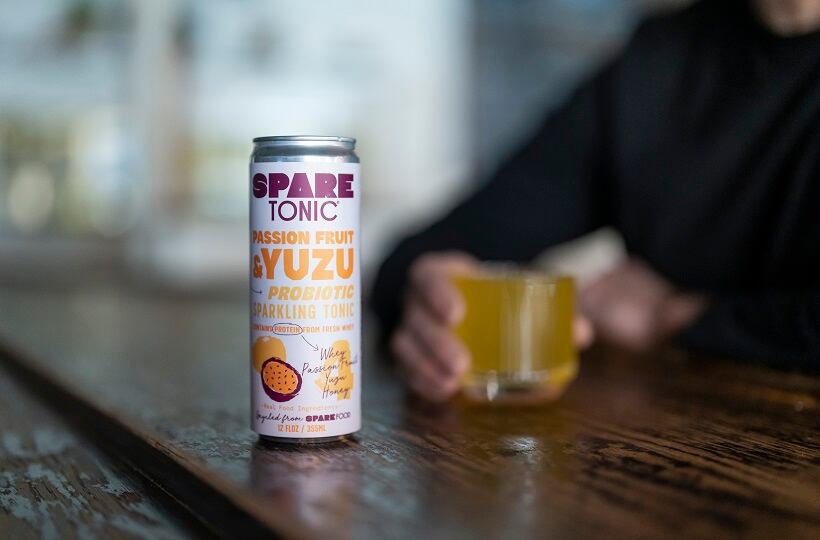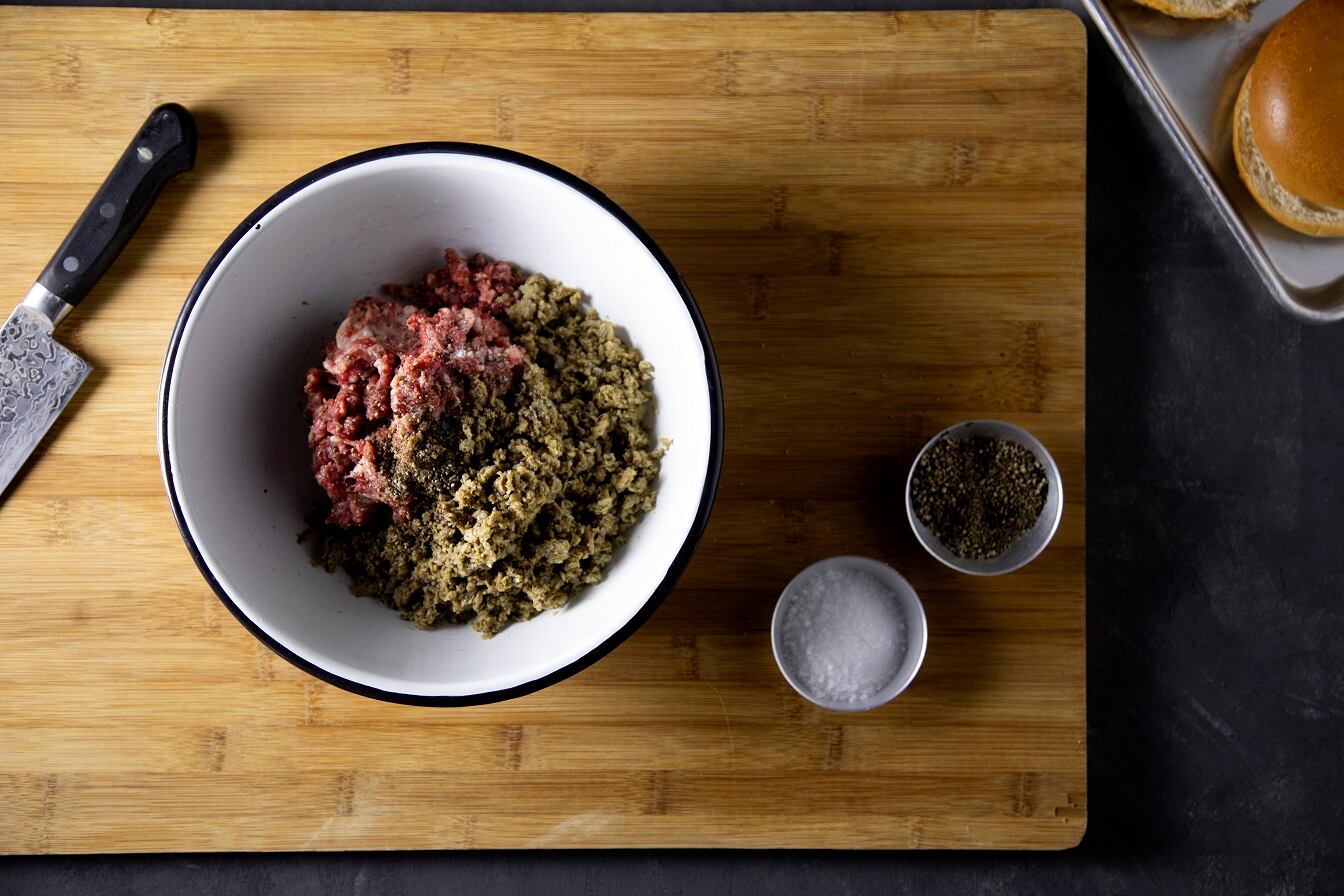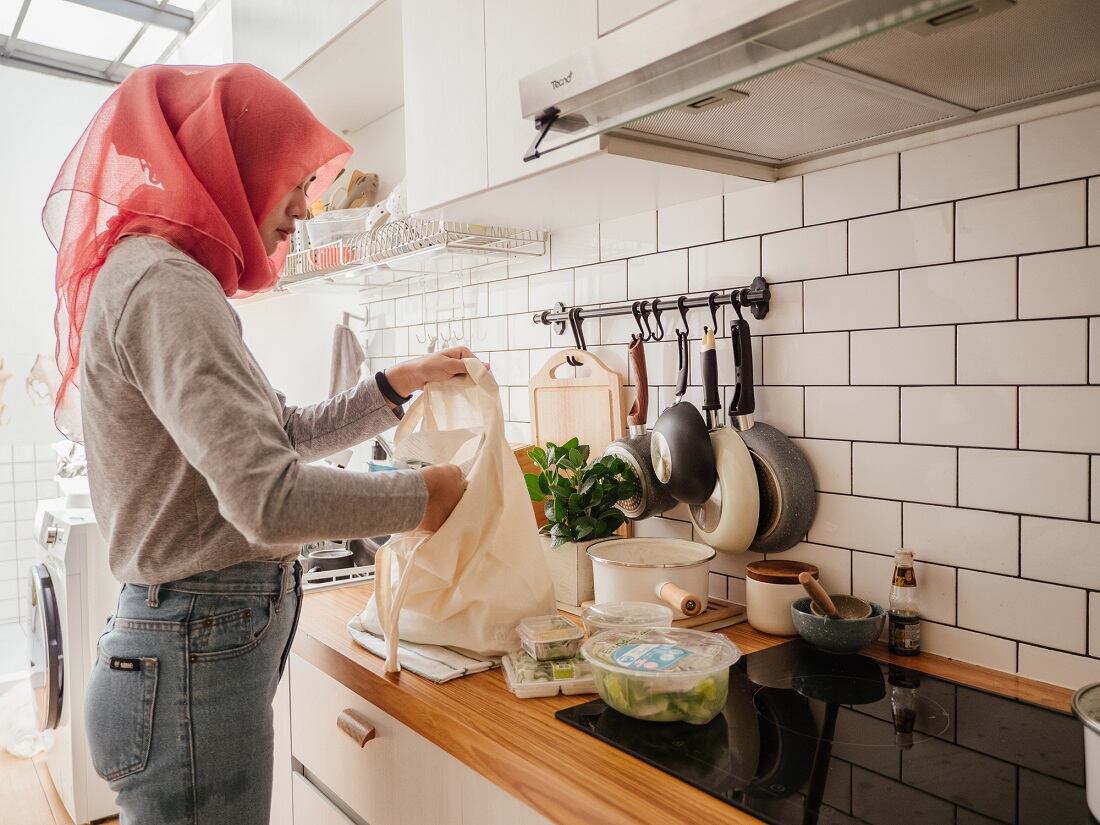“It seems like everywhere you look, there is an upcycled food product this year, and it is really one of the biggest opportunities facing the food industry,” not just to tackle climate change by reducing food waste but also to offer the nutrient dense products consumers increasingly want, said Daniel Kurzrock, CEO and co-founder of Upcycled Foods, Inc.
“Where I get most excited about opportunities to close loops in the food system in where we, as an economy, for whatever reason, have decided to value one aspect of products where there’s a lot of nutritional value that’s actually left off the table. But all the resources have already gone into producing that product – processing it and distributing it, instead of put into additional uses and making those resources go further. It is doing more with less” explained Kurzrock.
“These are not waste streams. These are value streams that are just being overlooked,” he emphasized, pointing to Upcycled Foods, Inc.’s flagship ingredient ReGrained SuperGrain+, which turns spent brewers’ grain into a fiber- and protein-rich ingredient that CPG manufacturers can incorporate into baked goods and snacks to boost nutrition without negatively impacting flavor or texture.
Through partnerships, Upcycled Foods, Inc., is expanding its offerings and helping more industry players better understand the potential of upcycling and get involved in the movement.
For example, it teamed with Kerry to create SuperGrain+ Protein Crisps, that boast 40% protein, 15% fiber and 30% upcycled material. And, with the California Cereal Product, Upcycled Foods, Inc., created SuperGrain+ multigrain flakes with three times the fiber of a conventional multigrain flake.
More recently, the company has expanded its portfolio beyond grains into complementary ingredients, including a upcycled arabica coffee leaf that is used to create a loose leaf tea or liquid extract that “features light diffused caffeine, antioxidants and polyphenols” and provides stable income for coffee farmers, Kurzrock said.
Finally, the company is upcycling cacao fruit to create a syrup that can be used across platforms, such as in a sour ale, sauce, marinade or more.
Teaming with CPG manufacturers, retailers repair broken supply chains
Upcycled Foods, Inc., also partners with CPG manufacturers to create new products that not only drive demand for and shine a light on its products and upcycling more broadly, but which also are helping to repair a disjoint in the food system.
“How to do this is not so straightforward as ‘here’s the supply chain and here’s how it should be used.’ If you think of food waste and upcycling as a market failure, in which you’ve got potential supply and you’ve got potential demand and the two aren’t functioning as a market in a way that it should,” then Kurzrock says, “we have to put the pieces together to show people what these ingredients can do and how they can be put to work.”
With that in mind, he added, “all our projects involve some form of triangulation where we’re working on the supply chain side on developing that ingredient,” but then also from the end user’s position also developing how the ingredient will be use, what products can come to market, how contract manufacturers should use the ingredients, and ultimately setting up an infrastructure across the value chain.
“This quarter, we’re really excited about a couple of new products. One is there’s a leading retailer that launched a sliced bread, and there are some really great brands like Atoria’s, [which is] a family bakery” that uses our ingredients in its family recipes to create naan and other baked goods that are sold through several retailers, and Stone & Skillet has created and English muffin, Kurzrock said.
He added he is excited to also work more closely with retailers to create private label offerings that not only drive foot traffic and meet consumer demand for more environmentally-friendly products, but also help the 77% of organizations that set ambitious goals to halve per capital food waste at retail and consumer levels by 2030, but which many are falling short of achieving.
“This can be a tool for them to use innovation as a force for good,” Kurzrock said.



